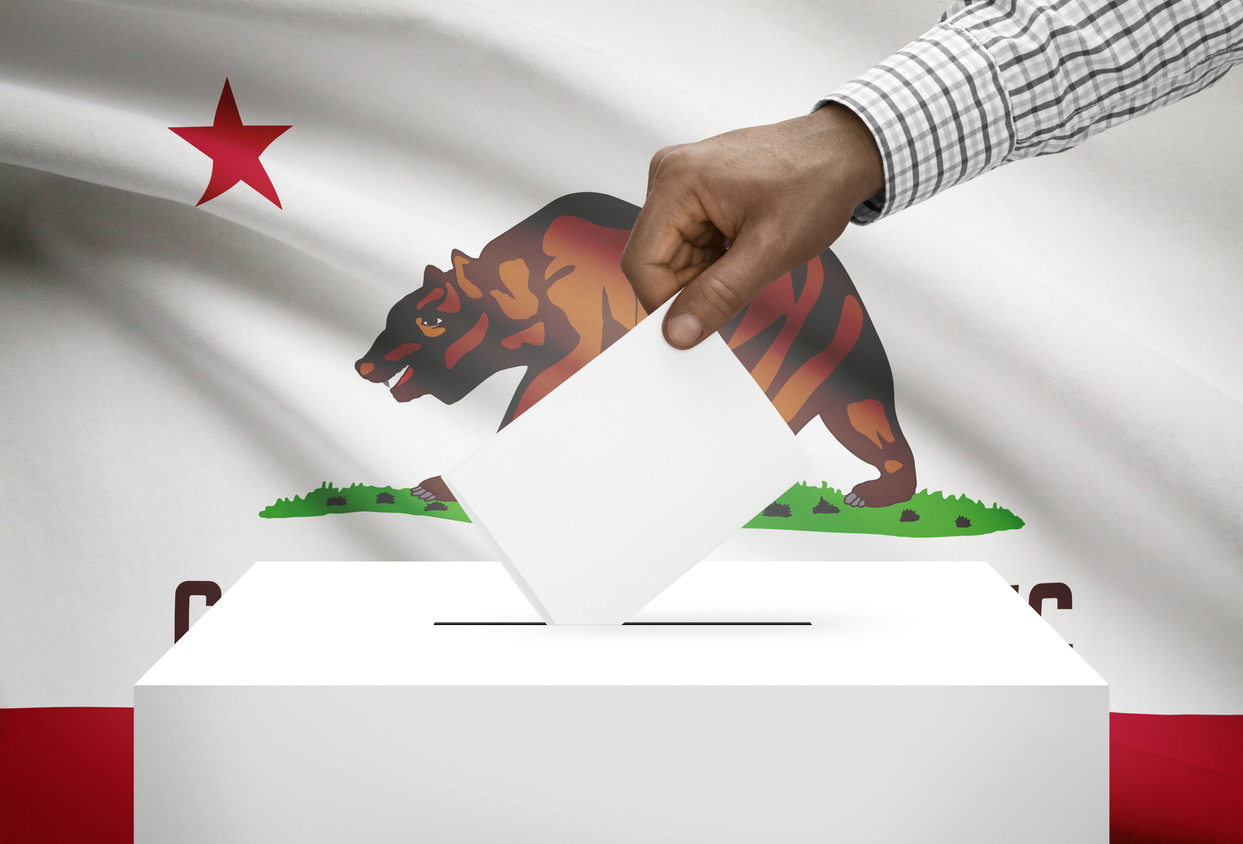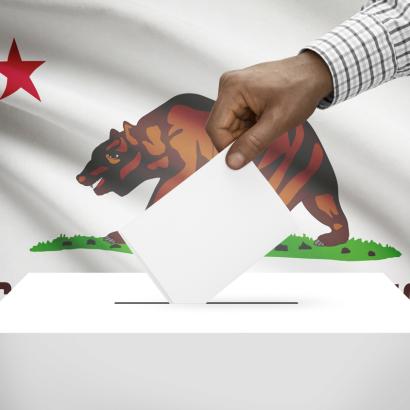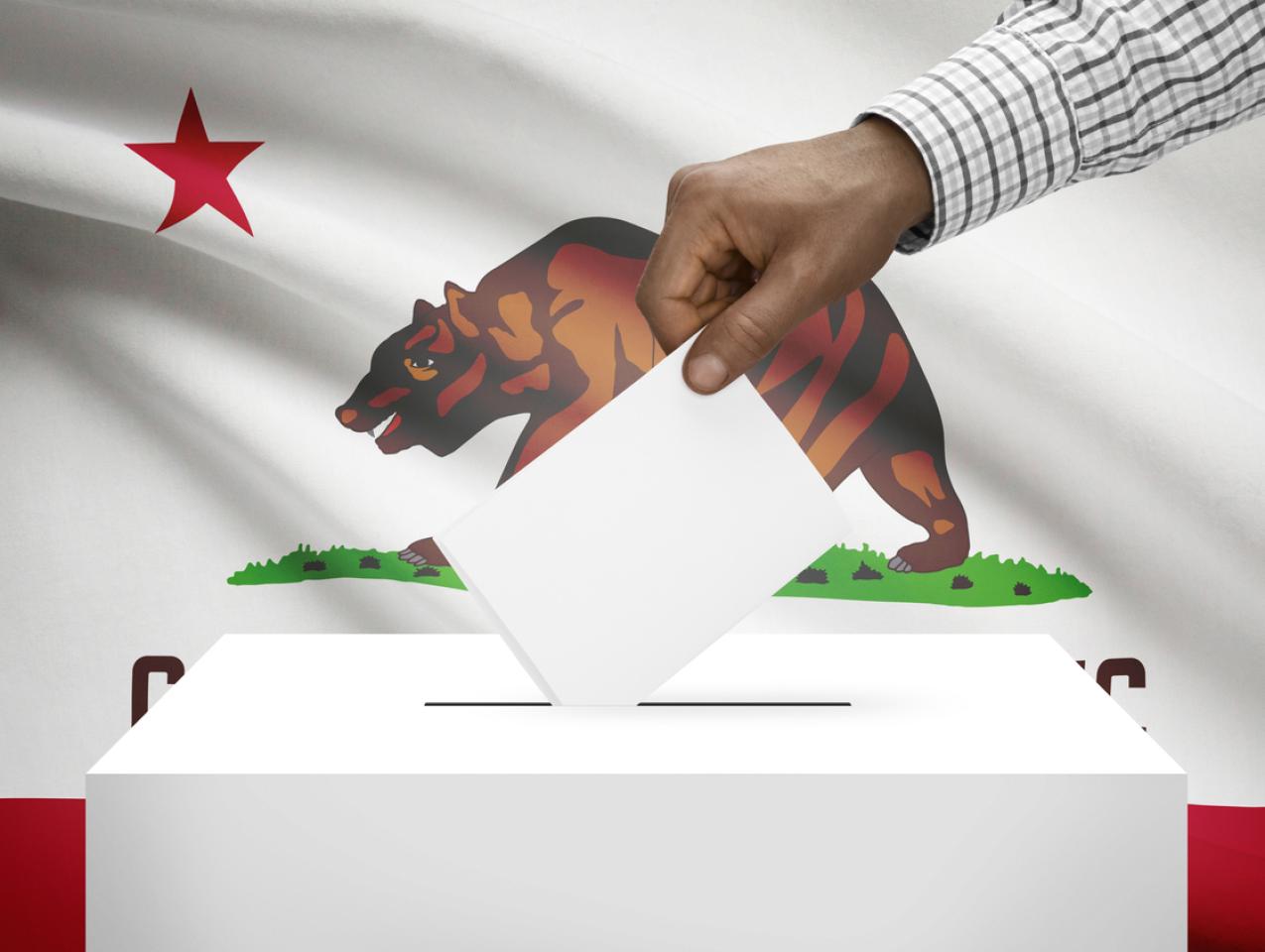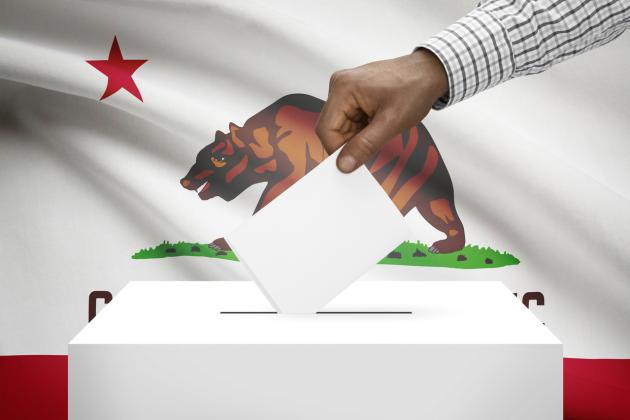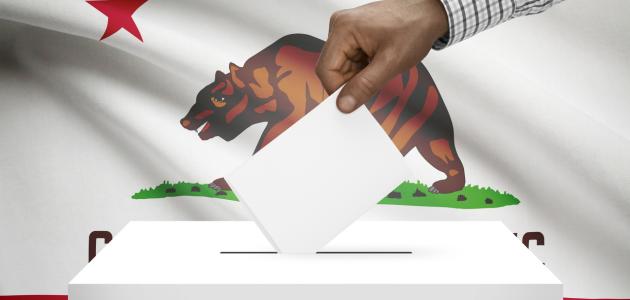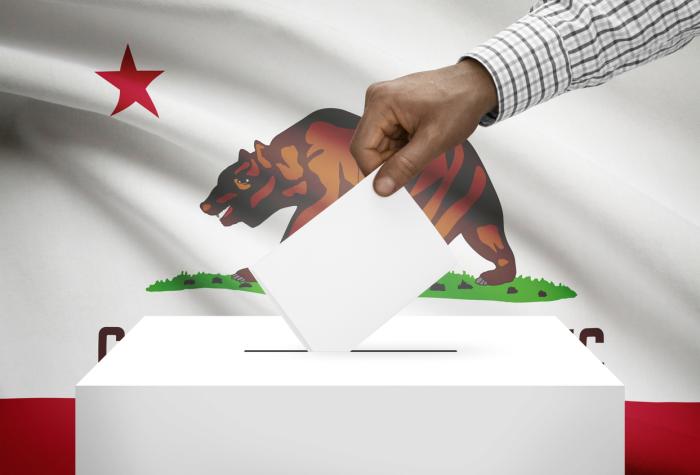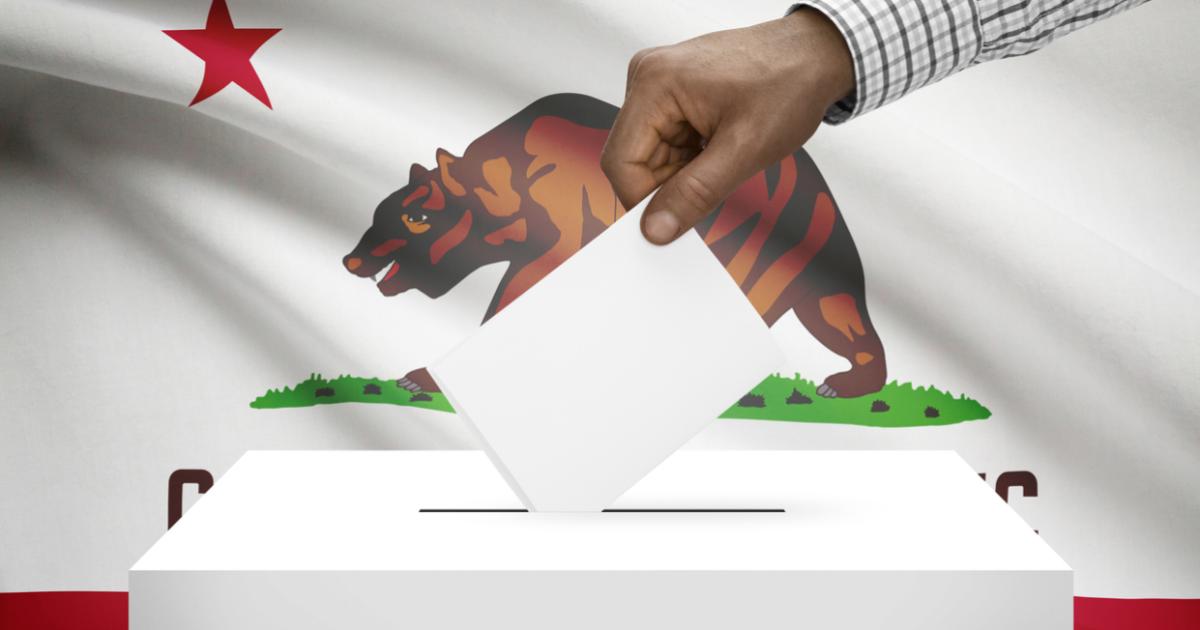- Economics
- US Labor Market
- Budget & Spending
- Politics, Institutions, and Public Opinion
- Campaigns & Elections
- State & Local
- California
- Law & Policy
- Civil Rights & Race
California has plenty of issues for voters to decide on this year, ranging from regulating how gig drivers can work to potentially doing away with 1978’s Proposition 13 property tax protection for many businesses. And as always, at least some politicians will be hoping you don’t read the fine print or look under the hood of what you will be voting on. Below are economic issues on some of the most widely discussed propositions.
Proposition 15: Raising Business Property Taxes. Passing Proposition 15 would increase business property taxes by eliminating their protection under 1978’s Proposition 13. The 1978 law limits annual property tax increases to 2 percent from its initial tax of 1 percent of the original purchase price (plus special district assessments). The property is not rebased until it sells or (possibly) if the property is improved. Proposition 15 would hike business property taxes by raising the assessments to market value and by reassessing the property every three years.
Those in favor claim as much as $11.5 billion in higher revenue, which is almost certainly way too high of an estimate. State revenue forecasts frequently miss the mark, and widely so, because they do not account for behavioral responses by those being taxed. In a world of rapidly rising economic fluidity and mobility, businesses leave expensive locations for less expensive locations. California has become the poster child for this mobility, with 765 businesses leaving the state in the boom period of 2018–19, and roughly 13,000 leaving between 2009 and 2016.
1978’s Proposition 13 remains flawed because of unequal treatment between long-time property owners compared with those who bought property recently, as newer owners are effectively subsidizing long-time owners. But raising taxes on business without broad-based tax and spending reforms will lead to more businesses exiting the state, higher consumer prices, and a reduced ability of California businesses to compete. California is already among those states with the highest tax and regulatory burdens in the country, and this tax will make California even more uncompetitive than it is now.
Proposition 13 was enacted in response to out-of-control property reassessments that reflected out-of-control state and local government spending. Between fiscal years 1972–73, and 1977–78, state spending more than doubled. California needs wholesale government reform, both in terms of spending and taxes. Raising California business property taxes will hurt voters by raising prices and depressing job creation. Interestingly, the NAACP is against this proposition for these very reasons.
Voters need to demand broad-based government spending and financing reforms. Dealing with Proposition 13 shouldn’t be done in isolation, as all it will do is accelerate business departures and help bail out politicians who have made unwise spending decisions and will continue to make more of those unwise decisions if you give them more revenue.
Proposition 22: Gig Workers. Passing Proposition 22 would exempt gig workers from AB 5, a law that took effect this year that makes it illegal for workers in the gig economy, such as rideshare and delivery drivers, as well as many other occupations, to operate as independent contractors. If Proposition 22 fails to pass, these workers would need to be hired as normal employees in order to perform this work. If it passes, then they would retain their status as independent contractors, and their compensation would be enhanced with health benefits, car depreciation allowances, higher earnings, and insurance against injury and illness. Note that these latter compensation changes are exactly what the opponents of the bill claim they want to see.
Economically, there is no reason why AB 5 should be with us. It is a law in search of a problem, and all it has done is create enormous financial hardship for thousands. AB 5 prevents people from working as independent contractors in legal occupations for no reason other than to support labor unions, which see former independent contractors–turned-employees as potential new union members.
Bureau of Labor Statistics surveys consistently show how independent contractors strongly prefer this form of relationship rather than working as an employee. The great majority of gig workers work part time, and many of those work only part of the year and have strong preferences for when they work. They would lose this independence, and many would even lose their opportunity to work if this passes, because the fixed cost of managing an employee makes it economically infeasible to hire an employee if they don’t work a certain minimum number of hours. The average Uber driver works about 3 months per year, and about 17 hours per week. This person almost certainly will not be hired if Proposition 22 doesn’t pass.
Proposition 22 will allow gig workers to keep their economic freedom and keep their jobs. I only wish it covered everyone else in the state. Under AB 5, tow-truck operators affiliated with AAA are exempt from the law and thus can work independently, but tow-truck operators who are not affiliated with AAA are not exempt, and thus must be an employee. Similarly, architects are exempt from AB 5, but landscape architects are not. Legislators have gotten in the way of economic and personal freedom, which simply should not happen. They should undo the law entirely. In the meantime, Proposition 22 will preserve the enormous benefits of the gig economy that we enjoy now, and the majority of the nearly one million gig workers will retain their jobs under Proposition 22.
Proposition 16: Restoring Race and Gender Preferences. Passing Proposition 16 would return race and gender preferences to college and university admissions and to public contracting and hiring. It would overturn California voters’ decision in 1996 to rewrite the state constitution to implement equal treatment. Since this would be another constitutional rewrite, a 2/3 yes vote is required for passage.
Since 1996’s constitutional amendment (Proposition 209), graduation rates of African American and Hispanic students have increased substantially. Many economists interpret this as better matching between applicants and universities. For example, in 1995, the last year of racial preferences, the median math SAT score for African Americans entering UC Berkeley was about 510, compared to a score of about 700 for Asians and Whites. It is very likely that any student with that math SAT score would struggle academically at Berkeley or at UCLA, where I teach. For years, racial preferences led to an all-out competition for Black and Hispanic students by colleges and universities to satisfy their need to show that they are open to underrepresented minorities. But many Black and Hispanic students have attended public schools that do not prepare students nearly as well for college as the schools that many Whites and Asians attend. Accordingly, Blacks and Hispanics are often unprepared to succeed at some universities when they come directly out of high school. The answer is to implement widely recommended, common-sense reforms regarding teaching tenure and merit-based pay that would improve learning outcomes at all schools.
Supporters claim that systemic and structural racism and sexism are so embedded within society that racial and gender preferences are a must to create an equal playing field. But what they don’t say is that women far outnumber men within the University of California system and that Asians, who are overrepresented among the UC student body, would be subject to reverse discrimination, or that Hispanic students are thriving within the UC system. Nor do they define the elusive concept of systemic racism or provide a compelling body of evidence that shows that restoring these preferences would not harm those whom the law is intended to help. In my view, Proposition 22 will reverse the long-term success we are seeing since equal treatment was implemented in 1996.
Proposition 21: Local Rent Control. Proposition 21 would allow local communities to independently pass rent control laws. This proposition would permit rent control on many buildings that are more than 15 years old. In principle, it is challenging to prevent a local community from implementing policies that they see as being in their best interest, but in this case, stopping Proposition 21 is tantamount to taking the car keys away from the teenage driver.
Rent control is a failed attempt to try to deal with the state’s failure in building enough housing. Because state and local politicians have made building new housing about as expensive and time-consuming as a trip to outer space, there is an enormous housing shortage that accordingly has driven up housing costs to the point where many Californians struggle to pay their monthly housing bills. But rent control won’t help. It will reduce the rental housing stock by encouraging conversion of existing rental properties into condos. And Proposition 21 will keep those lucky few who live in rent-controlled housing there for the long run, thus penalizing younger people just entering the housing market.
To reduce housing costs, voters need to demand that politicians eliminate the regulations that raise building costs. It is as simple as that in principle. But this won’t happen until voters overwhelmingly demand it.







